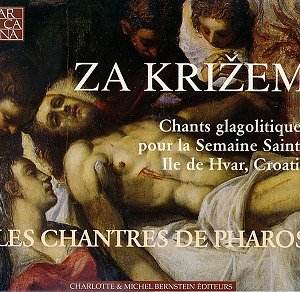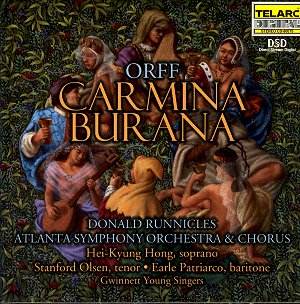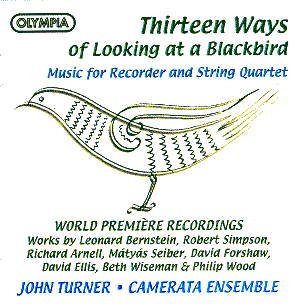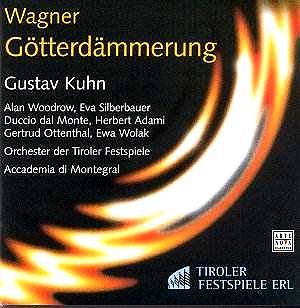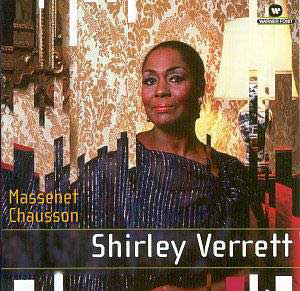 Composer: Jules Massenet (1842-1912), Ernest Chausson (1855-1899)
Composer: Jules Massenet (1842-1912), Ernest Chausson (1855-1899)
Works: Massenet – Excerpts from Werther, Hérodiade, Manon; Chausson – Poème de l’amour et de la mer
Performers: Shirley Verrett (mezzo-soprano), Orchestra Sinfonica di Torino della RAI/Gabriele Ferro
Recording: Recorded September 1981, Auditorium di Torino della RAI
Label: WARNER FONIT 0927 43341-2
Shirley Verrett’s artistry shines through in this compilation of works by Massenet and Chausson, two composers deeply entrenched in the late Romantic tradition. Massenet, known for his richly lyrical operatic landscapes, offers a compelling vehicle for Verrett’s expressive mezzo-soprano, while Chausson’s Poème de l’amour et de la mer provides a more symphonic, introspective canvas. The contexts of these pieces—Massenet’s operatic arias, steeped in emotional fervor, and Chausson’s lush, evocative symphonic poem—create a fascinating interplay of characters and themes, reflecting the emotional breadth of love and longing.
Throughout the Massenet excerpts, Verrett presents a nuanced portrayal of the heroines drawn from his operas. In the impassioned aria “Je vous écris de ma petite chambre” from Werther, her phrasing is imbued with a delicate intensity that captures Charlotte’s inner turmoil. The dynamic control she exhibits, especially in the climactic moments, reveals a deep understanding of the character’s emotional landscape. The selection from Hérodiade, specifically “Je ne l’ai pas trouvée,” showcases her ability to convey vulnerability, as she navigates the tragic trajectory of the princess Salomé with poignancy. Verrett’s interpretation of “Allons! Il le faut!” from Manon is equally compelling, where her vibrant tone and dramatic presence breathe life into the character’s defiance.
However, the recording’s engineering presents challenges that occasionally undermine the overall experience. The sound quality tends to favor Verrett’s voice, resulting in a somewhat diminished presence of the orchestra. While her vocal line is undeniably captivating, this imbalance detracts from Massenet’s intricate orchestration, which, in these works, plays a crucial role in establishing mood and context. The orchestral colors, particularly in the lush string writing and the poignant woodwind solos, are somewhat muted, leading to a lack of harmonic depth that could have enhanced the emotional weight of the performance.
Turning to Chausson’s Poème de l’amour et de la mer, Verrett conveys a rich, lyrical quality that aligns well with the work’s romantic ethos. Yet, the subtleties of the text, which are essential to Chausson’s intricate exploration of love and nature, are not always communicated as effectively as one might hope. The performance’s vocal-forward perspective means that the orchestral fabric, filled with its own delicate nuances, often recedes into the background. This lack of balance is particularly noticeable during the more textural moments of the orchestral writing, where the emotional tapestry can feel overshadowed by Verrett’s powerful vocal presence.
While the remastering of this 1981 recording aimed to revitalize its sound, it appears to have only partially rectified the original imbalance. Comparatively, recordings by Victoria de los Angeles, Linda Finnie, and Jessye Norman present a more integrated approach to these works, allowing the orchestral voice to resonate alongside the soloist’s. Each of these interpretations offers a fuller, more immersive experience of Chausson’s lush harmonic language.
Verrett’s performance is undeniably commendable; her dedication to the music and her interpretative insight are evident throughout the recital. Yet, the limitations of this recording—specifically the engineering choices that favor the voice at the expense of orchestral richness—leave a desire for a more comprehensive auditory experience. The emotional depth of Massenet’s operatic excerpts and the atmospheric beauty of Chausson’s symphonic poem warrant a fuller orchestral engagement that this recording does not quite achieve.
